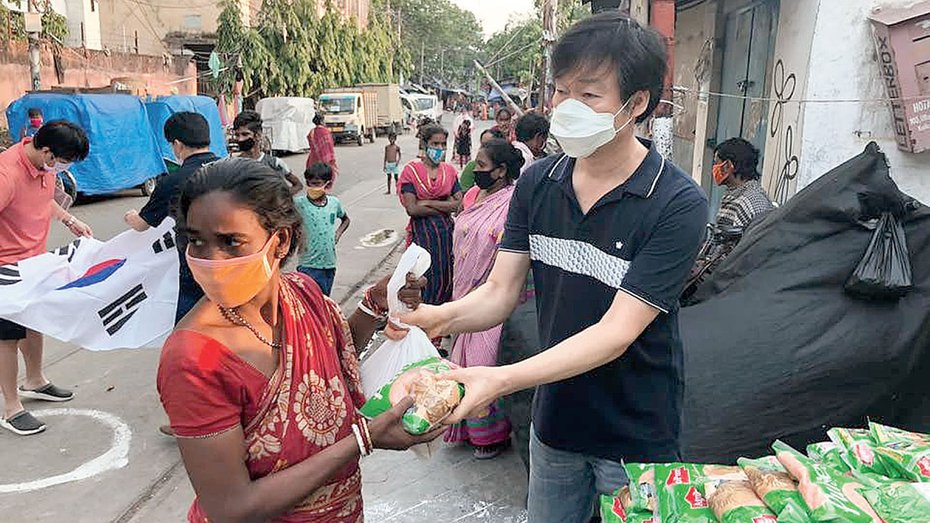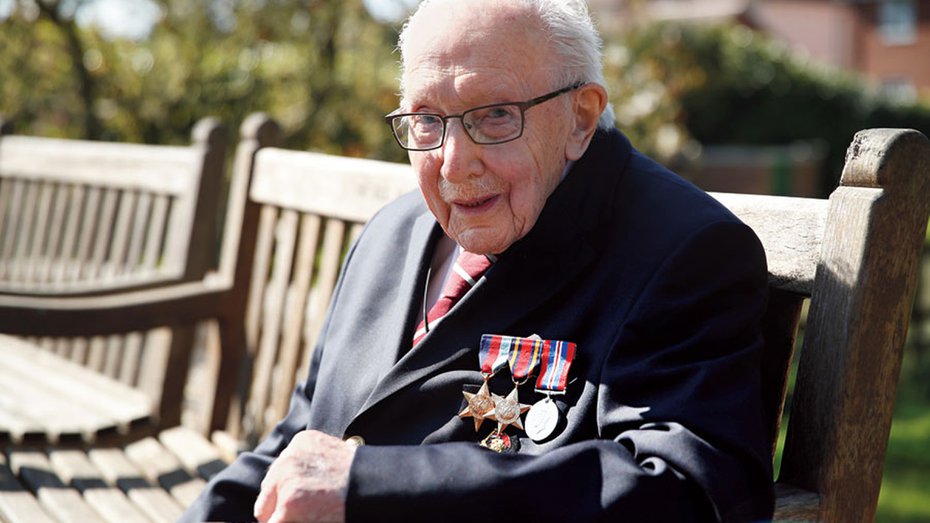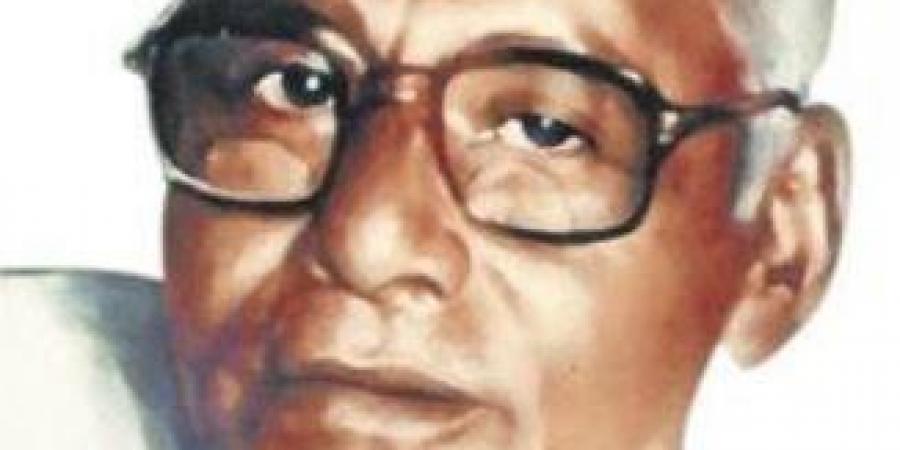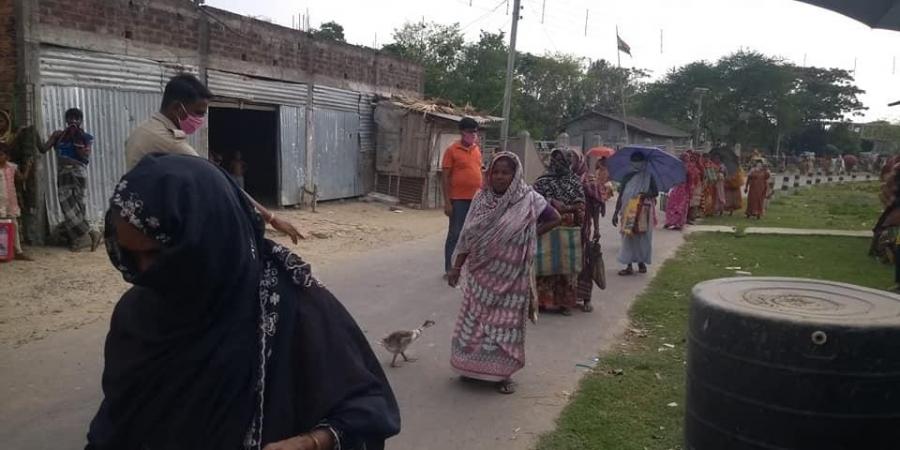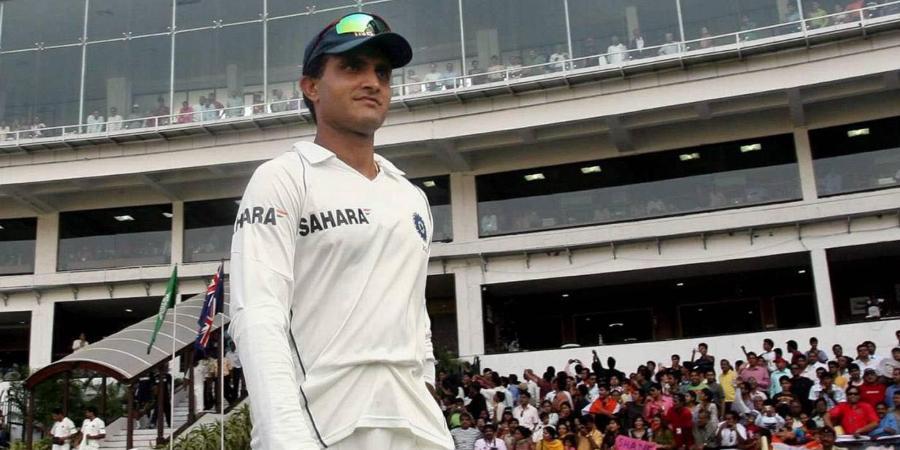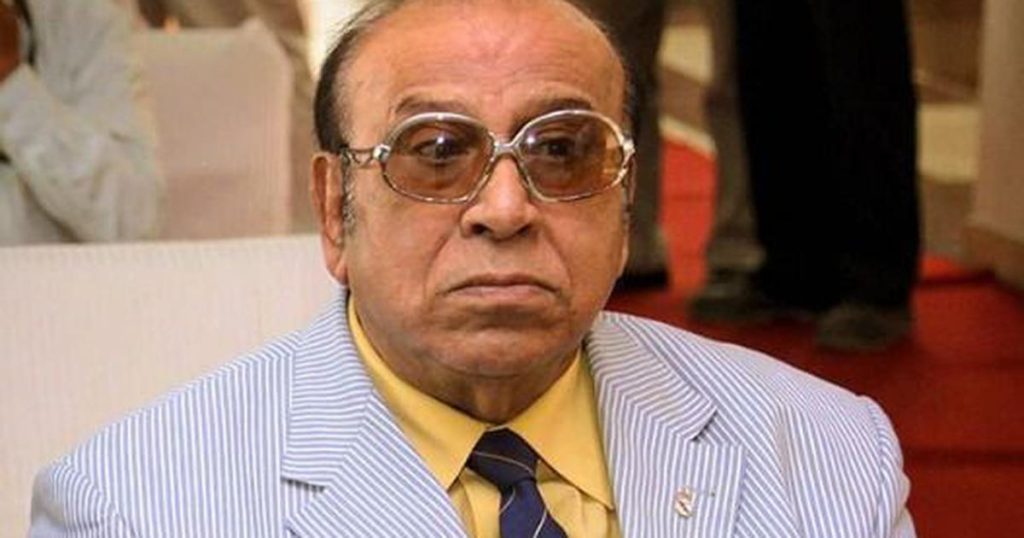In addition to our regular programmes, she is introducing a forum for the members and about the members to keep this laughter alive.

You are taking over at a difficult time… what are some of your immediate plans?
These are very difficult and unprecedented times and there is no roadmap for a clear path. As a practising life coach, my core mantra remains to not look at any situation as a problem. I look at it as a challenge to find my inner resilience. I had many great plans for this year but this pandemic will not allow many of those to translate into reality. I have regrouped my thoughts and refocused myself, and I am now ready with a number of plans for how we can interact and re-energise ourselves at this difficult time to help our membership and the larger community we are a part of. With the guidance of my elders and seniors and my more-than-capable committee, I will do my best to make the hardest times into the greatest ones.
How did your association with the Ladies Study Group (LSG) begin?
Being based in Calcutta, I have grown up hearing glorious tales about LSG. I have memories of being inspired by dining-table conversations in my childhood, which often veered around names of various luminaries who were gracing the LSG stage for years. It was, therefore, a natural choice for me to become a member as soon as I became a young adult and attend such events to learn, unlearn and relearn life. The attendance in the first decade of my membership was peppered with occasional events as I had my hands full, juggling motherhood, work and home. An old school friend’s mother who was the LSG president a few years ago, asked me to join the committee to help her out. Little did I realise at that point how special that one phone call was going to be, and how it would enrich my life and bring me to this role today. Having close encounters, deep conversations and constant learnings with the very same luminaries I had grown up admiring, have truly been a beautiful gift.
What are the kind of events you’re planning to host?
In many ways we are all writing history together. The theme for my term is ‘Embracing the New Normal’ as it is only once that we accept this period of crisis and transition that we can look ahead at the emerging opportunities it provides to reshape our thinking and embrace what lies ahead.
The committee members and I are committed to our goal of doing our best to fill the calendar with events, interactive workshops and social initiatives. We will begin our sessions with the webinar format as safety is our topmost priority. While this format will not have the physical element of interaction we had earlier, it will now allow for a different type of interaction — one that could perhaps allow for greater engagement and higher levels of attendance. I truly believe that adopting a webinar route is a genuine advantage to reach so many more members, who perhaps have missed some of our events due to travel or time constraints. Another added bonus of this new normal is that this format will also accommodate family members wanting to enjoy our sessions. These opportunities are, therefore, like sunrises and I would like to celebrate the feeling of togetherness that this digital platform will provide us all with.
Tell us a little about yourself…
Like so many women I know, I have worn different hats through my journey so far. I started out as a corporate investment banker with a foreign bank for eight years and had two children during this time. Motherhood comes with its own challenges with respect to time-management, and so I reinvented myself and became an entrepreneur. I set up my own art gallery, championing local artists and had a much better work-life balance. I ran my gallery for nine years and during this phase, I also had my third child.
Life was very full and busy, and yet, I had this yearning to do more, especially for women. The women in my life have always influenced and inspired me, and yet when I look around me even today, the empowerment of women is the most important and unfinished part of our human history. So I decided to educate myself further and went back to studying and learning. It was not easy to go back to studying at my age and stage of life, but I was determined. And so, as my children were doing their various school exams, I did mine, and I successfully completed three different degrees in mental health over a three-year period. Armed with insight and knowledge, I then set up ‘Empowerful’, practising as a life coach and counsellor, with my main objective of being a rainbow in someone’s cloud.
I cannot over-emphasise the importance of my family in my life. Instead of the often-used phrase of “behind every successful individual”, I would instead rephrase it and say “beside every committed individual” is the family, and I would be incomplete without mine, who are my anchors, my biggest cheerleaders and my strongest critics.
What are some of the challenges that you’re anticipating for this year?
The biggest challenge we are all facing today is the absence of personal interaction, which is something we had all taken for granted. At LSG, our members have always been our VIPs and we have made a lot of effort to involve our members in our annual interactive “members’ event”, a day that all of us look forward to every year. In this new normal, however, most of us are going to lead restricted lives over the next few months and being together to have this experience sounds distant. Therefore, we need to innovate to keep our connections thriving and our spirits growing stronger together.
In addition to our regular programmes, I am introducing LSG Plus, a forum for our members and about our members to keep this laughter alive. We will have two separate initiatives as part of this forum, both of which will have continuous events through the year and will carefully be structured to include all our members. As I mentioned, my focus in my term is to make each one feel “special”.
source: http://www.telegraphindia.com / The Telegraph, online edition / Home> People / by Ananya Sarkar / June 09th, 2020


